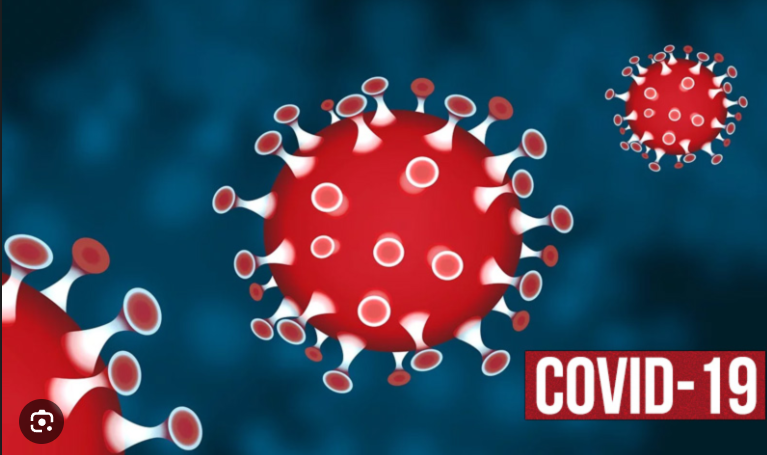Republicans are more likely than Democrats to report having less faith in scientists, though both parties have noted a decline in this COVID-19 pandemic
According to a new report, public trust in scientists declined once more in 2023, even as many Americans’ awareness of COVID-19 has diminished. Survey results from the Pew Research Center published on Tuesday found that confidence in scientists to act in the public’s best interest fell from 77% in 2022 to 73% as of last month. It’s a far drop from 87% in April 2020, which quickly declined to 84% by November 2020 as the pandemic worsened.
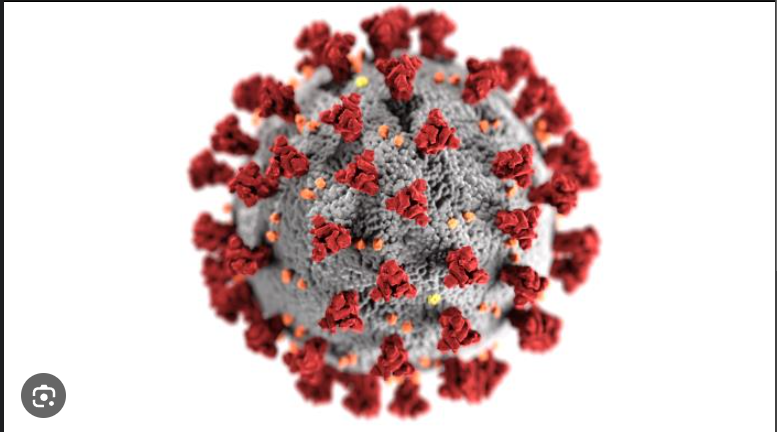
Also read-Tamiflu : Most Kids With The Flu Miss Out On Antiviral Tamiflu
The share of Americans who report having a “great deal” of confidence in scientists also continues to decline, dropping from 39% in April 2020 to 23% in October.
Those with little or little to no confidence in scientists have, perhaps not surprisingly, increased since the pandemic. The report found that 27% of U.S. adults fall into this category, which is up from 12% in April 2020.
The survey indicates that Republicans have the greatest decline in trust in scientists. Approximately 40% of Republicans and Republican-leaning independents believe that scientists can make decisions that are best for the public, either very well or very poorly. Compared to April 2020, when 14% of Republicans felt the same way, this is a significant increase.
Democrats’ opinions have slightly changed, but not to the same extent as those of their opponents. From a high of 55% in November 2020 to 37% last month, the percentage of Democrats and Democrat-leaning independents who express high levels of trust in scientists has decreased. Still, a sizable portion of Democrats express some degree of faith in scientists.
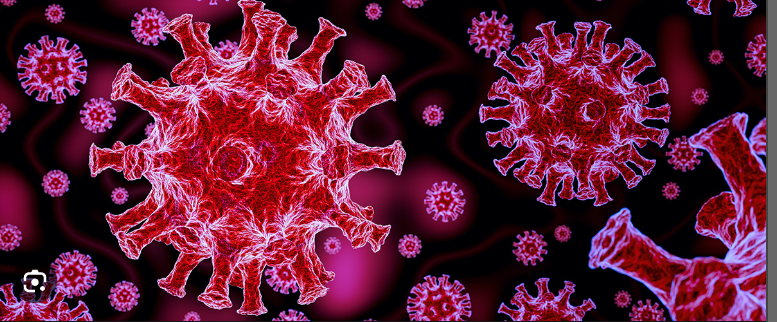
The report notes that “partisan differences in general are still much more pronounced today than they were before the coronavirus outbreak.”
According to the survey, scientists are still generally one of the most trusted professions, despite a decline in overall trust. It now ranks among the top three trusted professions, along with medical scientists and the military. The three categories with the lowest levels of American trust are elected officials, business executives, and journalists. Notably, since early 2020, trust in every profession covered by the survey has decreased.
From late September to early October, over 8,800 adults in the United States participated in the survey.
What to know about the latest COVID-19 variant, HV.1
HV.1 was responsible for about a quarter of new coronavirus cases as of late October, rising to the highest prevalence of any strain circulating in the U.S. During the summer, the Centers for Disease Control and Prevention recorded a low number of cases of HV.1. However, as of late October, the strain is responsible for nearly 25% of new coronavirus cases in the United States, making it the strain with the highest prevalence of all.
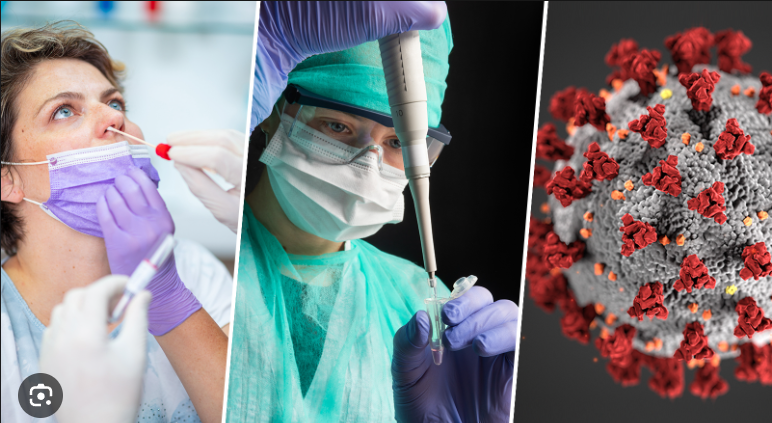
Like every other strain that is in use, this one is still an omicron subvariant. It is a descendant of EG.5, which, according to CDC estimates, accounts for nearly 22% of new cases and is the second most common variant in the United States.
CDC: Kindergarten vaccination exemptions reach record high
A CDC analysis shows that kindergarten vaccination rates have not rebounded since the spread of the coronavirus, which underscores the likelihood that the pandemic fueled vaccine skepticism. Vaccination exemptions for kindergarteners increased during the 2022–2023 school year to the highest level ever reported in the U.S., according to a report published by the Centers for Disease Control and Prevention on Thursday.
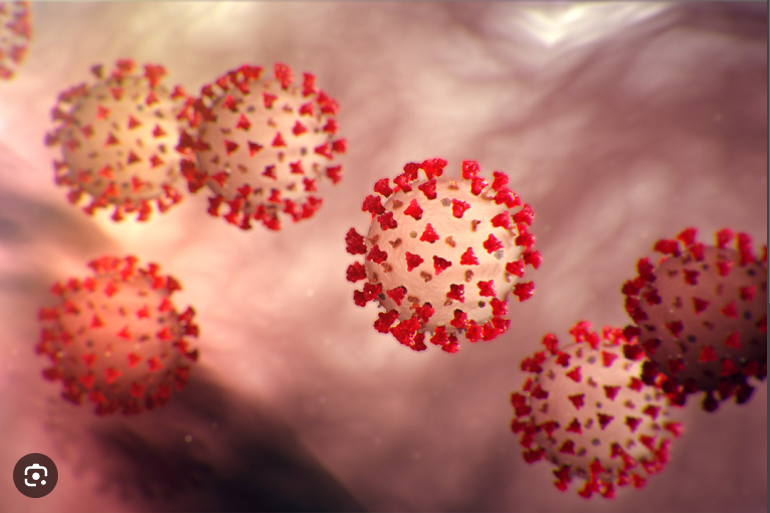
Even though the exemption rate went from 2.6% to 3%, it still represents over 100,000 children whose parents asked to have their children exempted from vaccinations that would otherwise have been legally required for school attendance. The majority of the exemptions were classified as non-medical, which coincides with a period of increased public skepticism regarding vaccines following the coronavirus pandemic.
Over 5% of kindergarten students in ten states were found to have received at least one vaccine exemption. A level of exemption “increases the risk for outbreaks of vaccine-preventable diseases,” according to the report.
National Survey data: 7% of adults got new COVID-19 vaccine in first month of availability
National survey data indicates that during the first month of the vaccine’s availability, approximately 7% of American adults and 2% of children received the new COVID-19 vaccination.
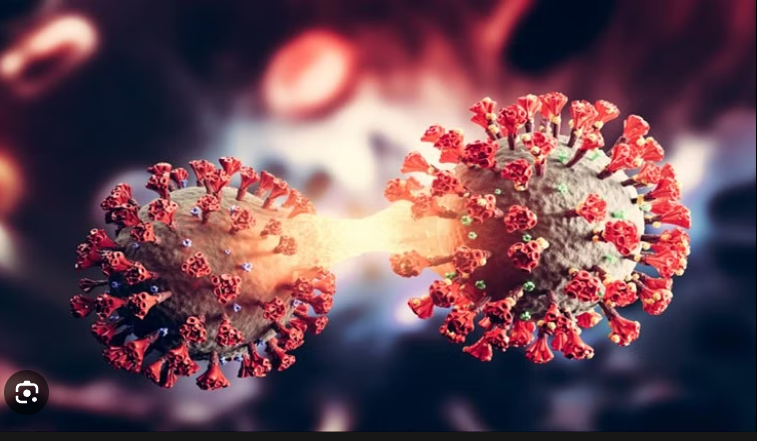
The Centers for Disease Control and Prevention held a meeting on Thursday during which the data was presented. It was discovered that those who received vaccinations between mid-September and mid-October had higher incomes, were more likely to be older, and were insured.
Also read: Building Muscle: The Best Foods For Building Muscle And For Healthy Body And Healthy Life
images source: Google
Disclaimer: The opinions and suggestions expressed in this article are solely those of the individual analysts. These are not the opinions of HNN. For more, please consult with your doctor







